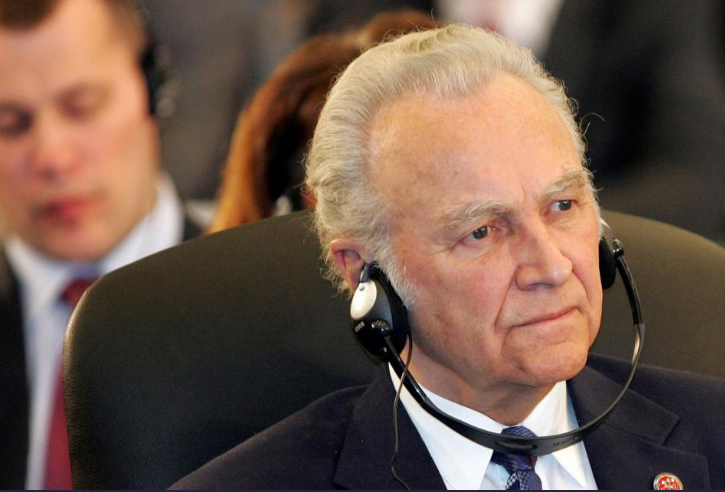Arnold Rüütel, the last communist leader of Soviet-era Estonia and the country’s second president following its regained independence, passed away at the age of 96. His death was confirmed on Tuesday by the office of Estonia’s current President, Alar Karis.
Rüütel, who had a background in agriculture, was nearly 50 when he began taking on prominent roles within the communist party of Soviet Estonia in 1977. By 1983, he became the chairman of the republic’s supreme council, making him the highest-ranking communist official in Estonia.
However, Rüütel soon shifted his focus towards Estonia’s independence, using his position to push for the republic’s separation from the Soviet Union. In November 1988, he played a crucial role in drafting the declaration of independence, which led to Estonia regaining full sovereignty three years later.
After Estonia regained its independence, the country faced a significant ethnic Russian minority due to its Soviet past. In response, Rüütel supported social democratic policies, focusing on the welfare of farmers. In 1994, he helped establish the People’s Union, a left-wing political party that participated in various coalition governments.
Rüütel became president of Estonia in 2001, following the widely admired Lennart Meri. During his five-year term, he played a key role in guiding Estonia into NATO and the European Union in 2004. Although he sought a second term in 2006, he was defeated by Toomas Hendrik Ilves.
According to Estonian public broadcaster ERR, Rüütel will be laid to rest with full state honors, though the funeral date has not yet been announced.













